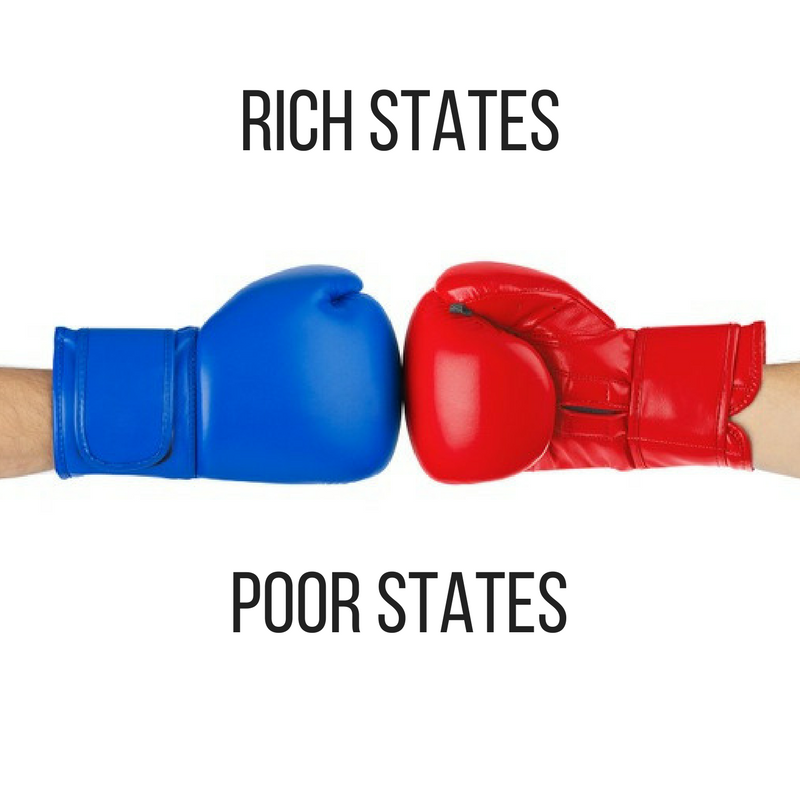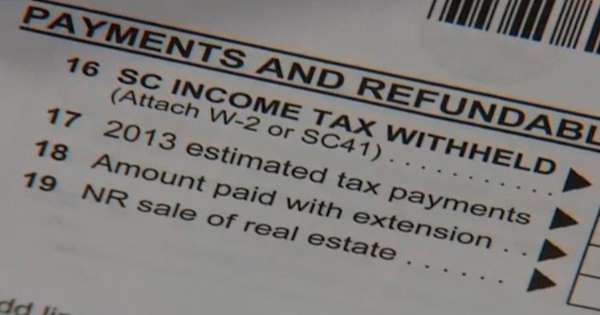Energy Prices And Frustration Rise
Feel free to time yourself…it won’t take long. A short perusal of the South Carolina opinion pages or a quick conversation with a fellow South Carolinian will reveal the grumblings, and the well-directed annoyance about the increases—2 percent here, 3 percent there.
That South Carolinians are completely fed up with their higher energy bills would be an understatement. One local columnist frames the situation perfectly: “Next to the state of our roads, people gripe about few things as much as their power bill.”
South Carolinians frustration is fully justified, too. It’s quite simple—increased energy prices mean South Carolinians have less money to spend. An increase in energy bills means less money in our pockets to spend on groceries, gas, and other necessities. It also means the cost of all these necessities continues to rise (because increasing energy prices also affect goods-providers) making the expensive punch doubly painful.
But maybe the most exasperating part of this situation is that mandates from a federal government agency are making matters worse. If you haven’t guessed by now, the responsible federal entity is the Environmental Protection Agency (EPA).
We’ve already warned you about the EPA’s “war on coal,” but now we have something else to bring to your attention—the EPA’s Renewable Portfolio Standards (RPS). In partnership with the Interstate Policy Alliance, Palmetto Promise has published a new study revealing that the EPA’s Renewable Portfolio Standards are really just a major expense with minimal returns.
Here are the highlights of the study:
- The EPA has required 2.1 percent of South Carolina’s total energy consumption be renewable energy by the year 2021.
- The RPS mandate will cost South Carolinians millions of dollars and thousands of jobs, but will do little to decrease pollution.
- Over 60 percent of South Carolina’s power is already generated from greenhouse gas emission-free hydroelectric and nuclear power.
For many of us, higher energy prices aren’t more than a major annoyance—frustrating, but not life-altering. However, for many South Carolinians living pay check to pay check, these higher energy costs are unaffordable and maybe even insurmountable. We should not be making life more difficult for these people in order to meet an arbitrary mandate that will do little to accomplish its stated goals.
In the end, the negative consequences of the RPS far outweigh any positive effects. The standards are truly just a major expense with minimal returns.




